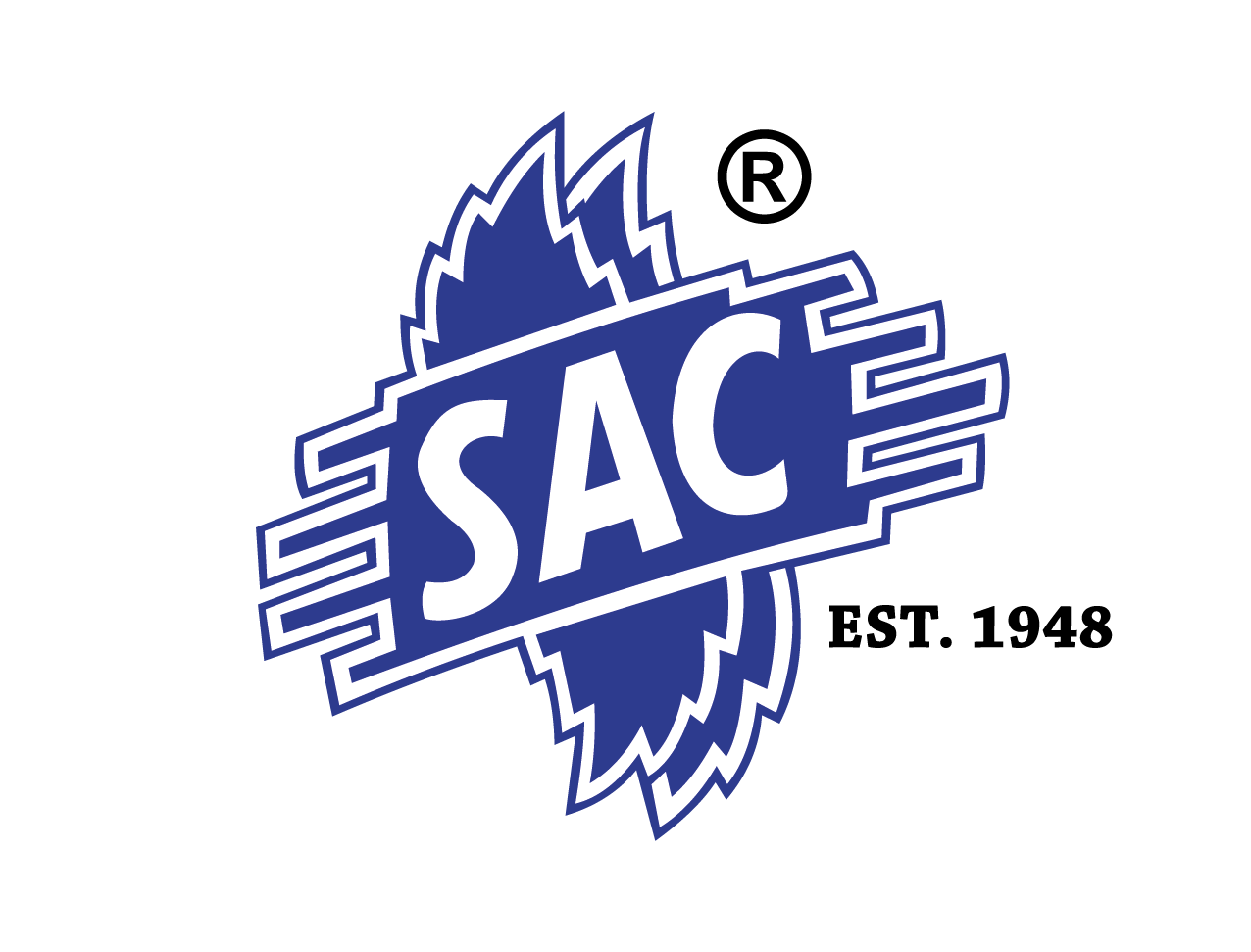Over the years, herbal products have become phenomenally popular because more and more people started seeking remedies for their health, well-being, and looks naturally. Several types of herbal products in the market are touting a list of far-reaching benefits, from cosmetics to food supplements. Needless to say, not every herbal product is created equally, so it's wise to know what you're looking for when buying one. This article is going to walk you through some of the most important factors to consider when making choices in herbal items that are of quality and, in effect, performance. Key factors in quality herbal products choice include:
1. Product IngredientsUnderstanding
Read the label carefully.
The most important processes involved in purchasing herbal products involve reading the label. All its ingredients must be clearly stated on the label. Search for products that have no artificial ingredients, fillers, or preservatives and are manufactured only from pure, natural ingredients.
Check the standardised Extracts
Standardised extracts supply the products with efficacy due to the continuous presence of the active component involved. The standardised procedure provides for the amount of the main active component present in the plant.
Avoid Damaging Additives
Products made with manufactured tastes, colours, and preservatives are to be avoided. The addition of such ingredients can have other side effects and will reduce whatever natural advantages the product has to offer.
2. Research the Manufacturer
Company Reputation
Select goods from reliable companies that are well-known for their dedication to honesty and high quality. Seek out companies who have an excellent track record and positive ratings in the herbal product industry.
Certifications and Accreditations
Verify that the producer has been verified by reputable organisations like the ISO (International Organisation for Standardising), GMP (great Manufacturing Processes), or USDA (United States Department of Agriculture) for organic products. These records show that strict manufacturing and quality criteria are fulfilled.
Sourcing and Sustainability
Examine the manufacturer's sourcing policies. Reliable farming techniques and legal procurement guarantee that the herbs are cultivated and gathered without endangering the natural world. It also promotes the values of fair trade and the nearby communities' welfare that contribute to the production processes.
3. Quality Assurance
Third-Party Testing
Many responsible manufacturers will have independent parties validate the safety, potency, and quality of their products. Look for products that have an available COA, which proves the ingredient has been independently tested to assure quality of the product.
Batch Numbers and Expiration Dates
Check the expiration times and the serial numbers on the package. Serial numbers allow traceability and help to relate the product with the lot number at the time of manufacturing. The expiration dates are the indicator of efficacy and the life of a product.
Instructions for use that are clearly written.
Products should carry clear instructions for their usage, including dosage, ways of consumption, and even any potential side effects or allergic reactions. All this information will be important to use it safely and effectively.
4. Consider Your Needs
Know Your Goals
Before using any herbal supplement, have an idea of what your health goals are. That way, you'll know which product to select for better digestion, reduction in stress, boosting the immune system, or skin health.
Consult a health expert
If you have any major medical concerns or are taking any drugs, you should always speak with a healthcare provider before using any herbal products. They can give you tailored guidance and make sure your existing medications are not interfering negatively.
5. Check for Potential Allergens Ingredient
Allergies
Consider a likely response and allergy. A number of individuals are allergic to certain chemicals comprised in a few herbal products. If you are using a product to care for your skin, ensure to check the ingredients used and do some preliminary study.
6. Price versus Value
Dairy nuts, soy, and gluten are some common allergens in herbal products. Ensure that there are no allergens in the product that you should avoid.
Price vs. Quality
While it might be very appealing to go for products that are cheaper, remember this: often quality comes with a price tag. High-quality herbal medicines made from solid, pure ingredients and subjected to extensive testing are costlier overall and give better value in terms of safety and effectiveness.
Cost-Effectiveness
Think value for money: check the price per serving/dose to see if this is good value. Sometimes, larger or bulk buys are better value.
7. Read customer reviews and testimonials
Gather Feedback
Customer's feedback and product reviews can help you become familiar with the product's performance and its value. Take feedback from the existing customers and consider all the positive and negative reviews.
8. Understand Legal and Regulatory
Environment Beware of biassed reviews.
Those reviews that only offer general comments and seem unrealistically favourable may be deceitful. Take notice of those detailed, balanced reviews, including facts that pinpoint both the pros and cons of a product.
Regulatory Body Approvals
Ensure that the herbal product meets the legal regulations in your country. For example, in the US, the Food and Drug Administration (FDA) regulates nutritional supplements. As such, any purchases made within that country must be in compliance with FDA regulations.
Import Regulations
Before you purchase items from foreign suppliers, you should familiarise yourself with what your country permits and disallows. The laws regarding some of the herbal extracts are limited and banned in certain regions.
Conclusion.
Different ways in which one can buy herbal products will involve considerable thought and research to ensure that one ends up with a high-value and reliable product. You will have an idea of the ingredients that are involved; you can investigate the manufacturer to make sure of its quality control, and therefore you can make your decisions based on your needs. Read client reviews about any product before buying, consider the allergic responses, scrutinise the cost-value of the product, and understand the legal and regulatory environment. By incorporating these steps into the process of buying, you will be able to fully utilise herbal products to your advantage and underline health and well-being with the use of involved natural benefits.





 Food, Flavors & Colors
Food, Flavors & Colors